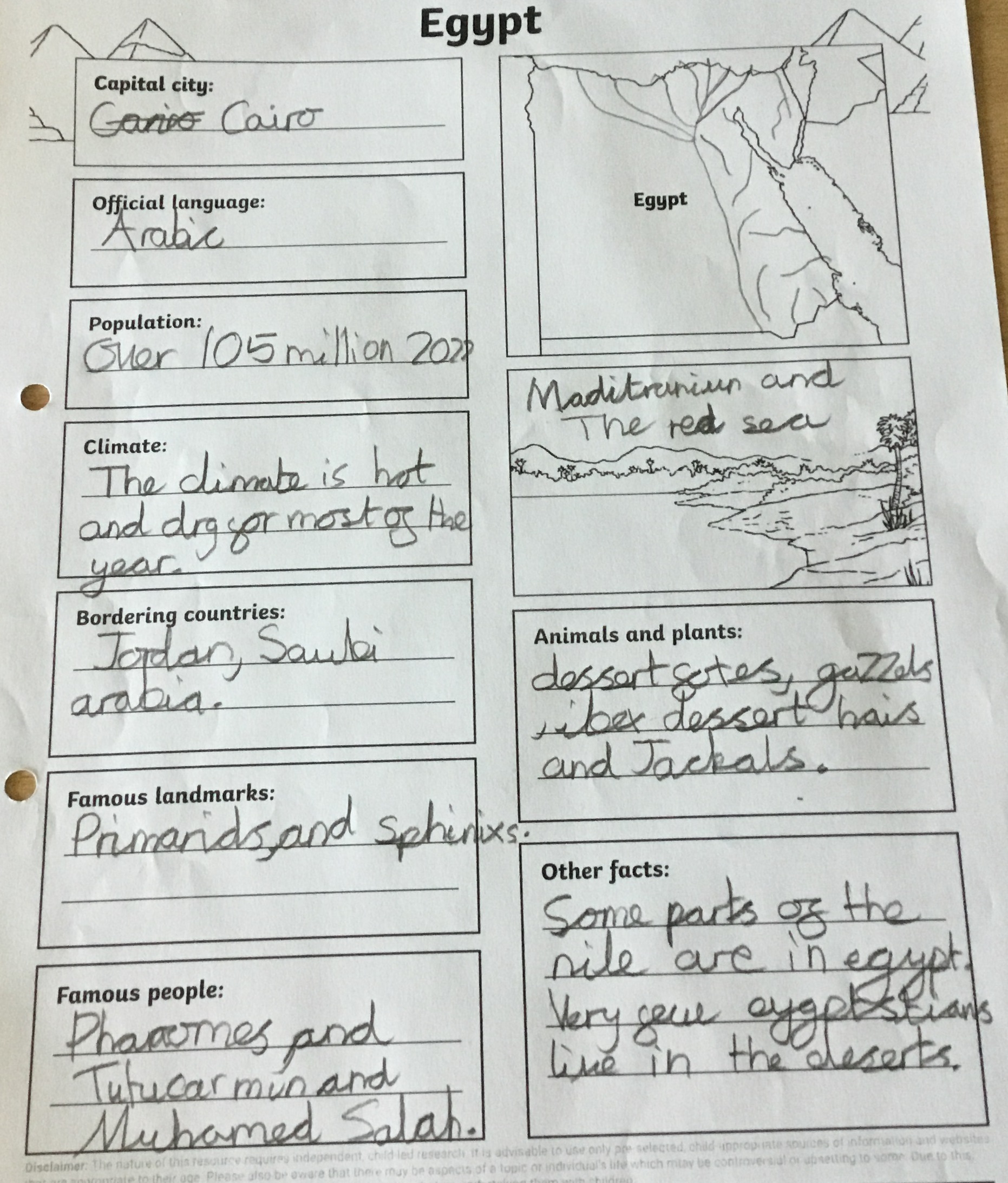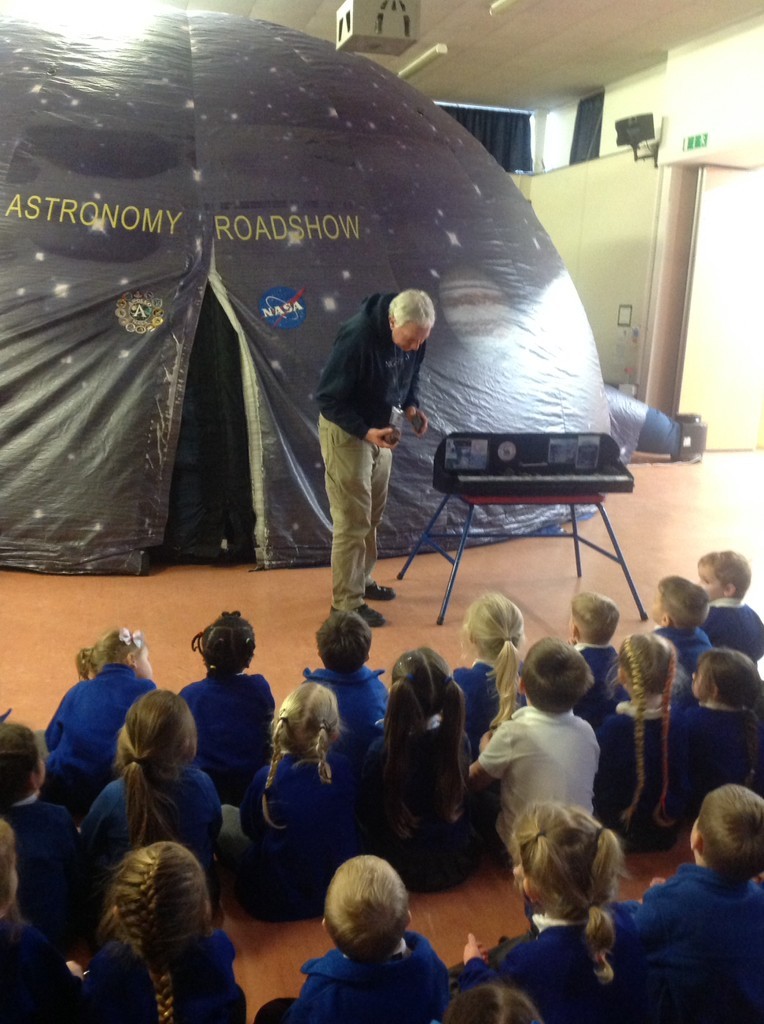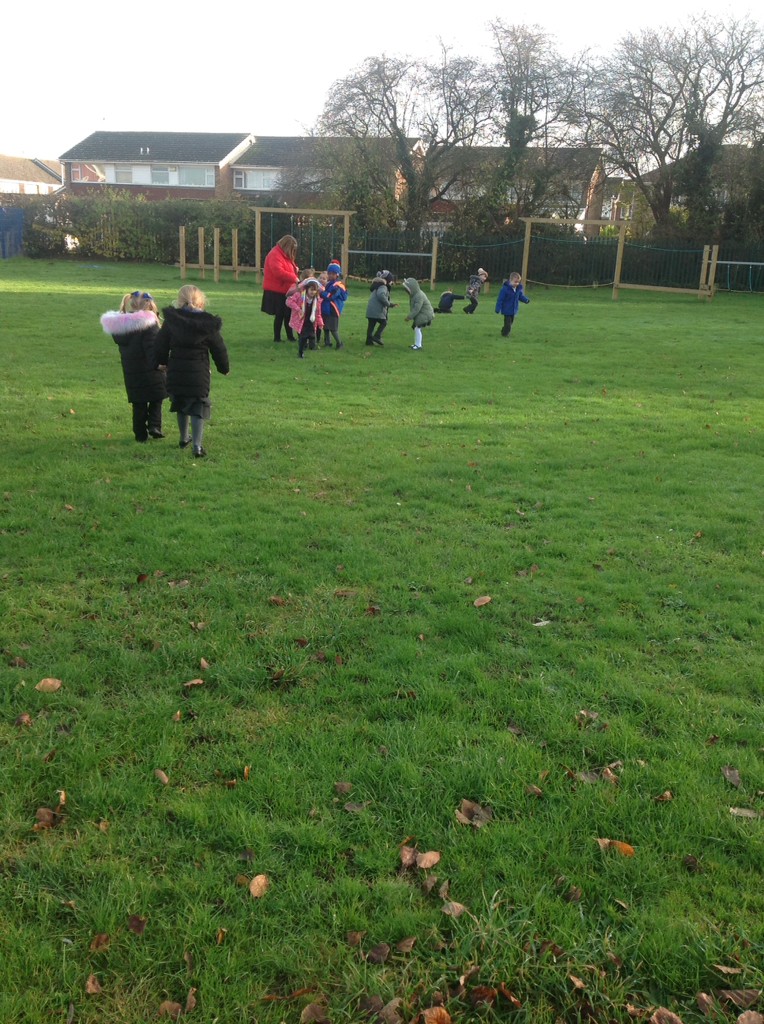Geography



Geography at Bourne Alliance is a key part of our curriculum. We feel it is important for children to be curious about and have an understanding of the world with live in.
During their time with us, children have the opportunity to explore and learn about the whole world; from their local area, to learning about people and places thousands of miles away. We see Geography as a key part of teaching our children to be environmentally conscious and responsible citizens.
Geography at Bourne Alliance enables children to have knowledge of and be able to adapt to an ever-changing world and develop self-awareness of the potential human impacts on a natural world. We aim to give them the knowledge they require to become curious about the world - from their local environment to people and places thousands of miles away. We also intend for children to gain important skills that they will require throughout their lives, including; an understanding of direction and place; map reading (both physical maps and atlases); using a compass and how digital technologies can support these.
We aim for children to develop their knowledge, skills and confidence in using a range of geographical resources and be able to recall taught key geographical vocabulary based on topics covered. Children are then able to build on opportunities for retrieval to embed their learning throughout their schooling and are given the opportunities to apply these to the real word through fieldwork.
The geography curriculum has been created to give children an understanding of the world they live in. This is done through the Discovery curriculum, which is set out across the trust, giving the children the opportunity to ‘discover’ more about their local area; the continent they live in; all the way to people and places thousands of miles away. This includes allowing children to investigate the similarities and differences of people and places around the world. As well as this, it is intended that children are given the skills they will need to use in life; including understanding directions and mapping, using technology to support this as we understand this is a major part of how children, and we as adults, understand these.
How we do this is based around topics the children cover in their classes. Using this and the National Curriculum as a basis for what the children cover, the knowledge children require is mapped out across the year groups with many opportunities for the children to build on and retrieve their knowledge through other topics they cover. The knowledge children gain in KS1 focusses, to start with, on more local geography such as the United Kingdom, before moving to the other side of the world to see what life is like in places like Australia.
Starting from Year R, children learn about themselves and their immediate local area (classroom, peg, outside space, school etc) before moving on to the local area around the school (village/ town it is in, roads, their journey to school, houses etc.) and finally a fieldwork trip to the beach, Isle of Sheppey, including how to get there (bridge). We build up throughout the years to give a comprehensive look at the world, where children will have studied 6 of the seven continents.

